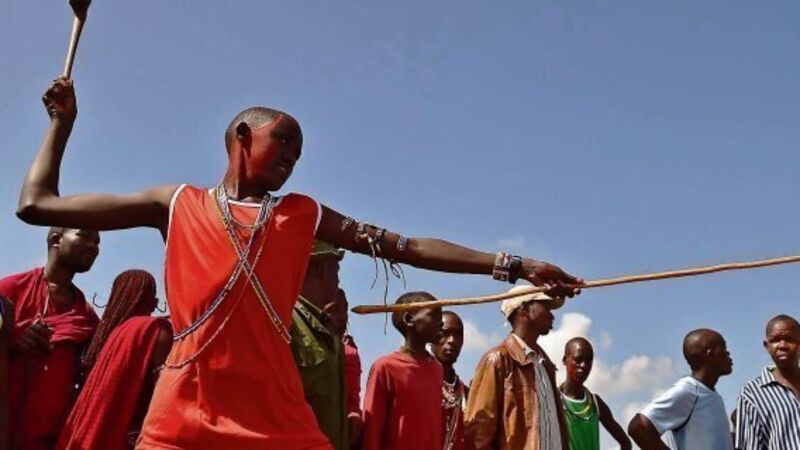The death of a warrior from Ballymun

Vicky died in the early hours of February 2. She was extraordinary.
You have probably never heard of her, unless the name rings a bell from one of her few outings on RTÉ’s Liveline, or if you’re a fan of the National Geographic, which once featured her.















